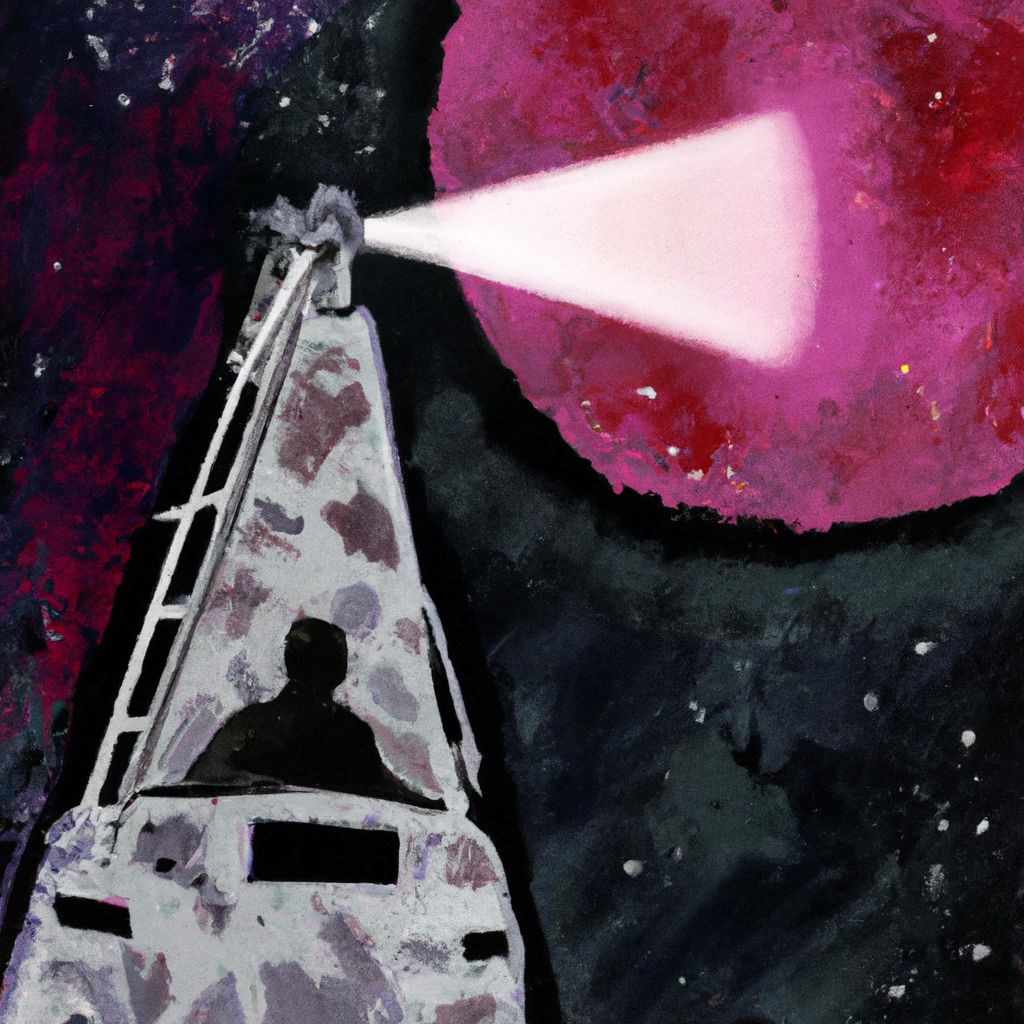Title: Exploring the Unknown: A Closer Look at Space Missions
Introduction:
Space missions have captivated humanity’s imagination for decades, pushing the boundaries of what we know and inspiring us to reach for the stars. From the first satellite launch to landing rovers on distant planets, each mission represents a monumental feat of engineering, determination, and scientific discovery. In this article, we will delve into the world of space missions, exploring their significance, challenges, and impact on our understanding of the universe.
The Significance of Space Missions:
Space missions serve multiple purposes, ranging from pure exploration to scientific research and technological innovation. They have provided us with critical insights into our own planet, the solar system, and beyond. Missions like the Hubble Space Telescope have revolutionized our understanding of the cosmos, while other missions, such as the Mars rovers, have uncovered clues about the potential for life beyond Earth.
Challenges of Space Missions:
The challenges of space missions are immense, requiring meticulous planning, precise execution, and innovative problem-solving. Space agencies must contend with harsh environments, vast distances, communication delays, and the risk of equipment failure. Despite these obstacles, the spirit of exploration drives scientists and engineers to develop cutting-edge technologies and methods to overcome these challenges.
Exploring the Solar System:
Space missions have allowed us to explore our own solar system in unprecedented detail. From the first flybys of Mars and Venus to the stunning images returned by the Cassini spacecraft at Saturn, these missions have revealed the diverse landscapes, atmospheric conditions, and geological features of other planets and moons. Robotic rovers like Curiosity and Perseverance have even allowed us to study the surface of Mars up close, searching for signs of past or present life.
Looking Beyond: Interstellar Exploration
While our exploration of the solar system has been extensive, the ultimate frontier remains interstellar space. Breakthrough initiatives like the Voyager probes, which have left the solar system, and the upcoming James Webb Space Telescope promise to reveal even more about the universe beyond our cosmic neighborhood. These missions could uncover new exoplanets, study distant stars, and provide insights into the origins and evolution of the cosmos.
Conclusion:
Space missions represent the pinnacle of human achievement, pushing the boundaries of our knowledge and understanding of the universe. By embarking on these daring voyages into the unknown, we have not only expanded our scientific horizons but also sparked a sense of wonder and curiosity that transcends borders and cultures. As we continue to explore the cosmos, each mission serves as a reminder of our collective potential to reach for the stars and unlock the secrets of the universe.

Leave a Reply